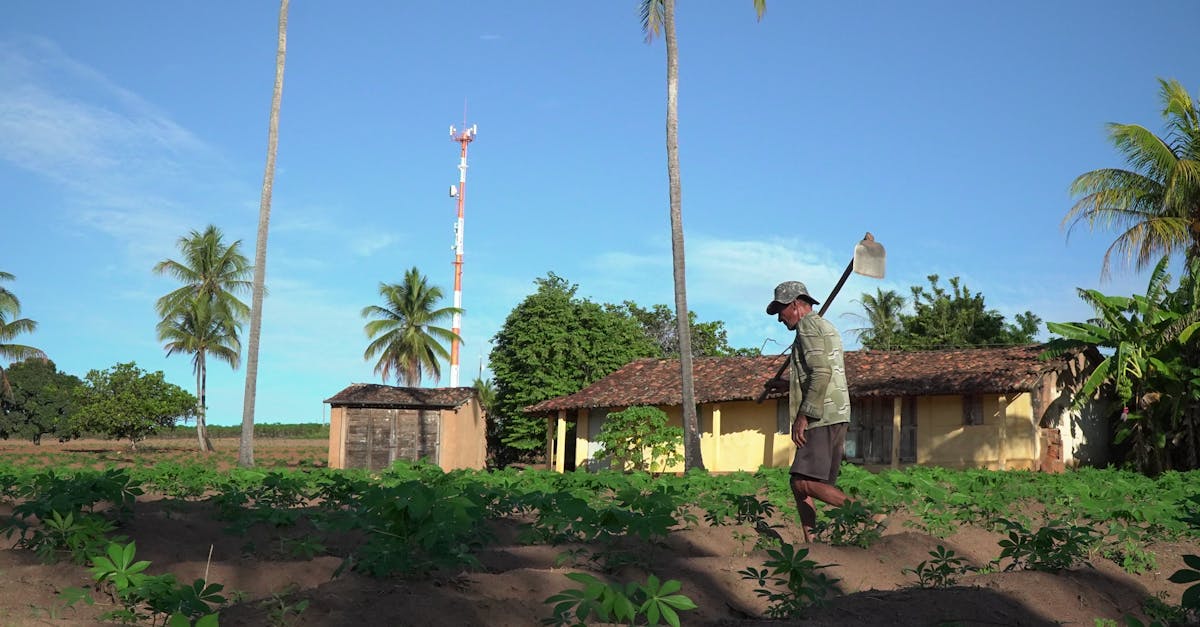The recent analysis by Hawaii Free Press highlights the economic vulnerabilities experienced by Maui's immigrant community. Many immigrants are employed in low-wage, non-unionized jobs, often seasonal or based on gig work, within the hospitality, domestic work, and landscaping sectors. This concentration in precarious employment creates unique challenges for both individuals and the broader Maui economy.
For entrepreneurs, the situation presents a complex picture. While the readily available labor pool could initially appear advantageous, high turnover rates and economic instability in these employment sectors can be detrimental to long-term business planning and growth. Businesses also need to prepare for potential economic fluctuations due to seasonal demand. An increase in housing costs adds to the economic strain, possibly reducing consumer spending and overall economic activity.
The situation is further complicated by ongoing post-wildfire recovery efforts. UHERO's research suggests that the wildfires have resulted in migration patterns, impacting both the availability of the workforce and the needs of the community. These factors may exacerbate pre-existing challenges faced by immigrant communities in Maui.
To support these communities, initiatives designed to promote financial literacy and skill development in stable industries are vital solutions. Furthermore, entrepreneurs should consider the potential of creating businesses that offer year-round employment or are not dependent on seasonal tourism. Investors and policymakers also have a critical role, which could comprise funding access for small businesses, and initiatives aimed at creating affordable housing can help establish a more resilient and equitable economic ecosystem. Improving working conditions, by advocating for and partnering with unions, can also lift wages, improve job security, and improve the overall economy.



